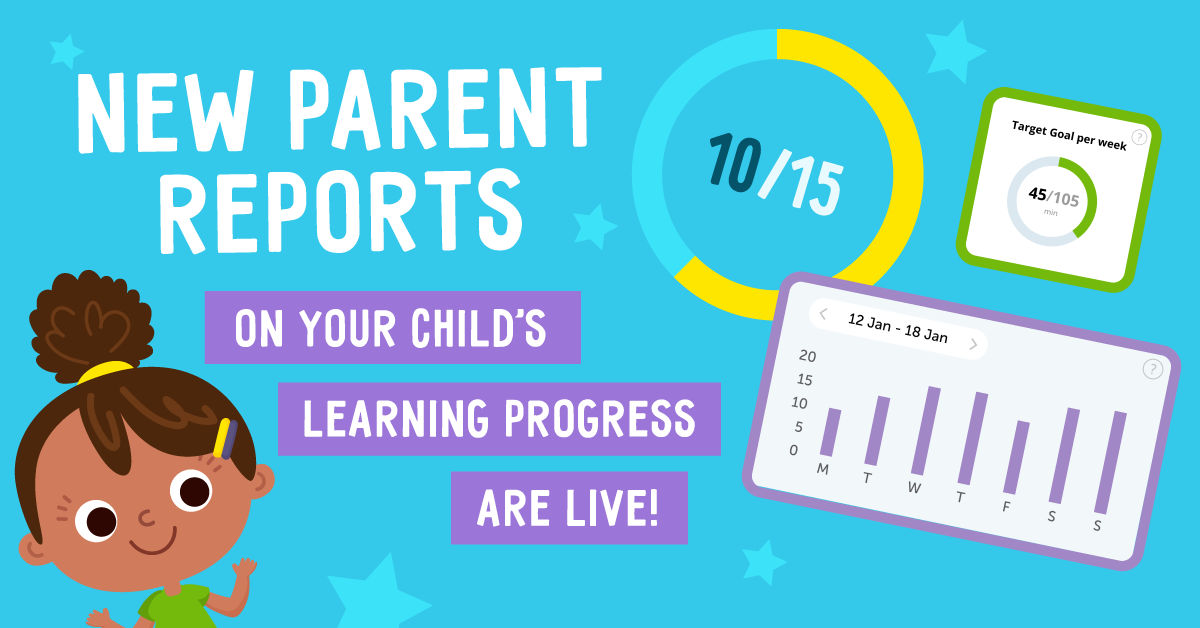Vocabulary development Worksheets for Ages 3-4 - Page 2
44 filtered results
-
From - To
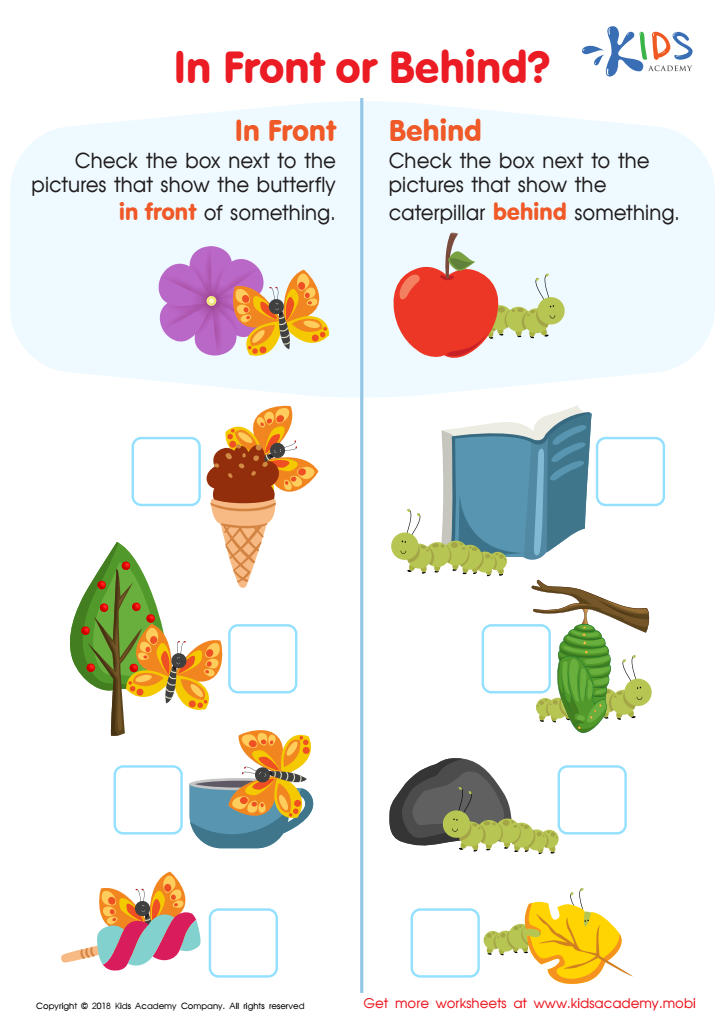

In Front or Behind Worksheet
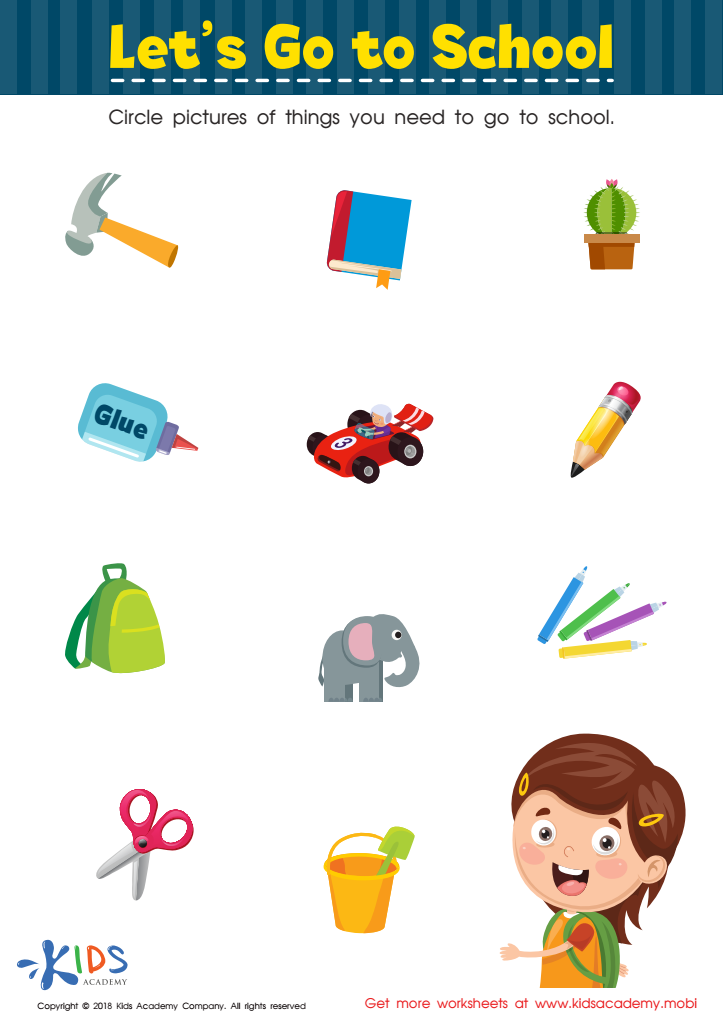

Let's Go to School! Worksheet
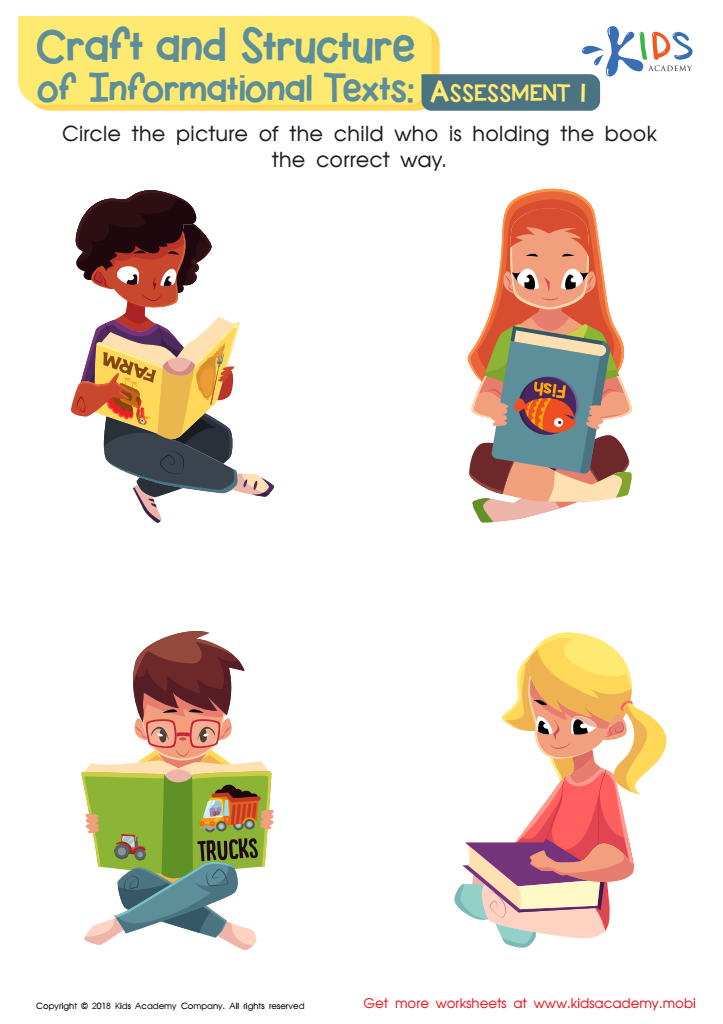

Craft and Structure of Informational Texts: Assessment 1 Worksheet


Turkey Thanksgiving Day Worksheet
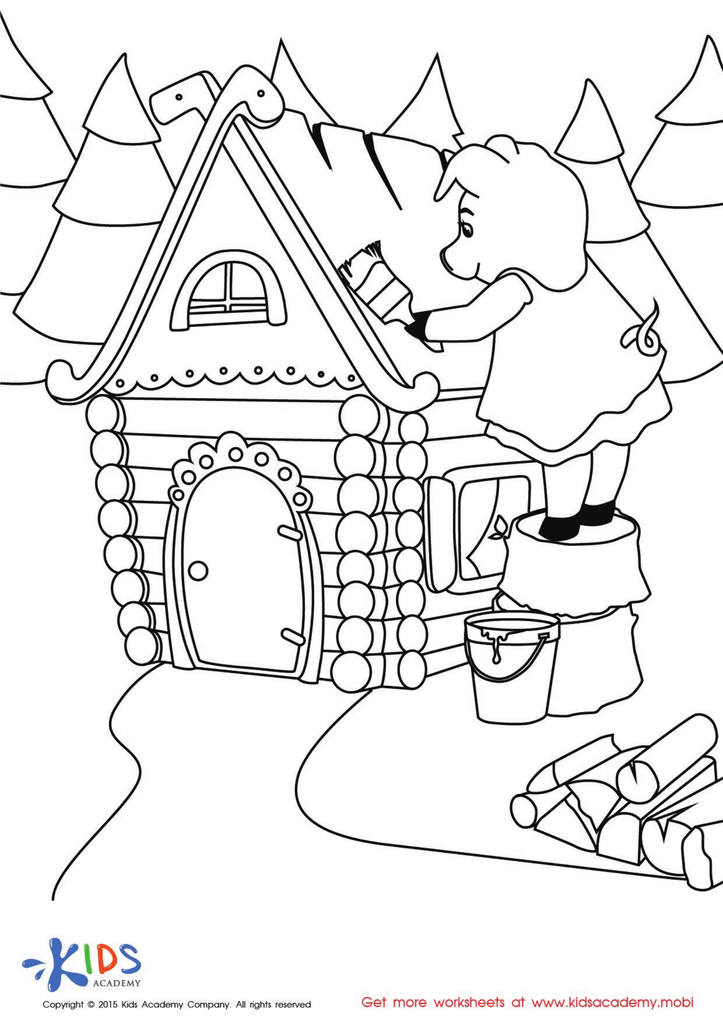

The Three Little Pigs Worksheet
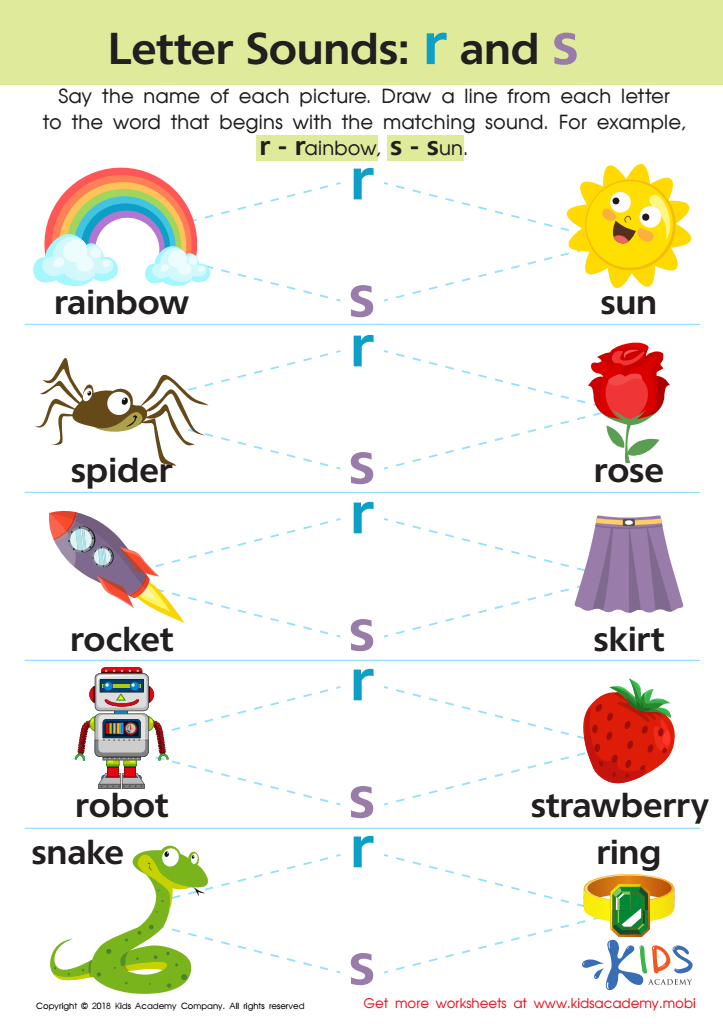

Letter R and S Sounds Worksheet
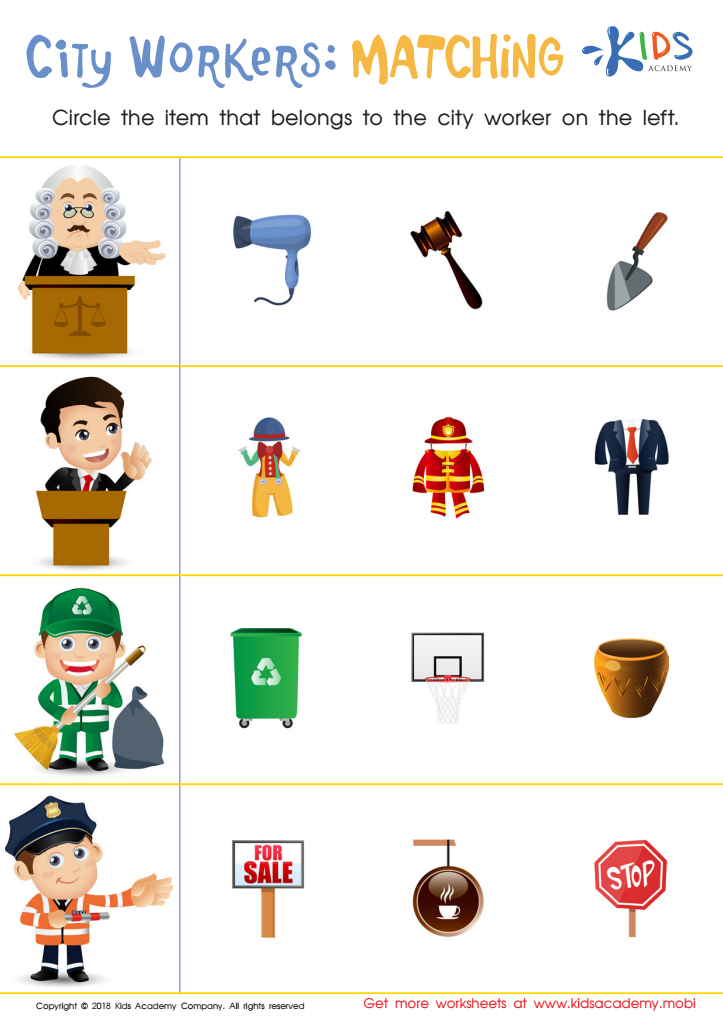

City Workers: Matching Worksheet
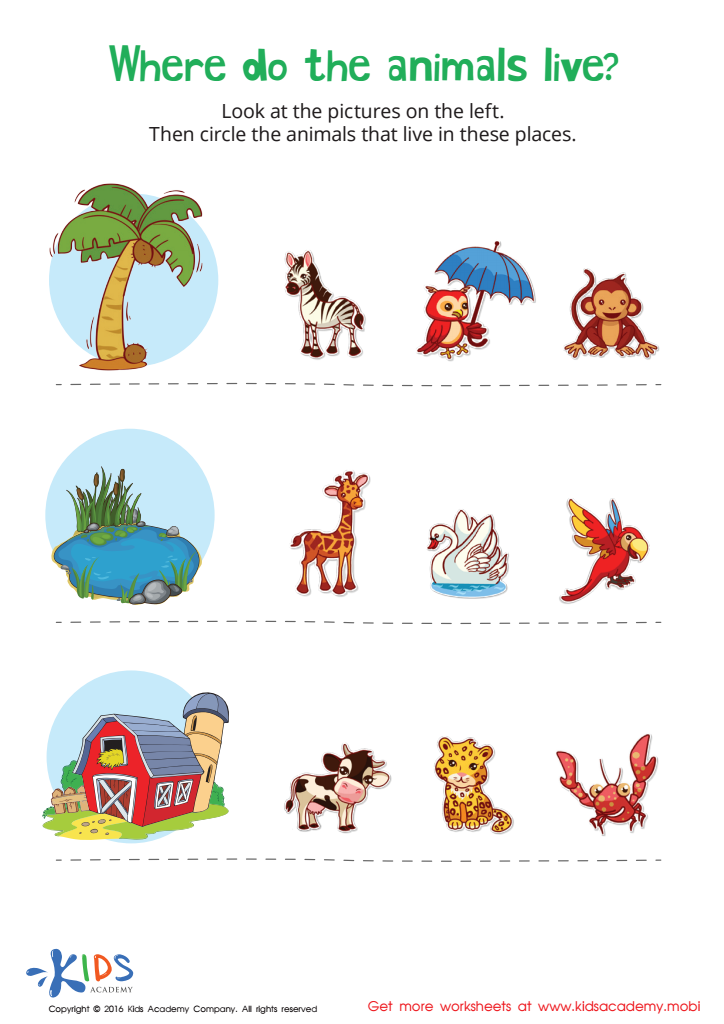

Where Animals Live Worksheet
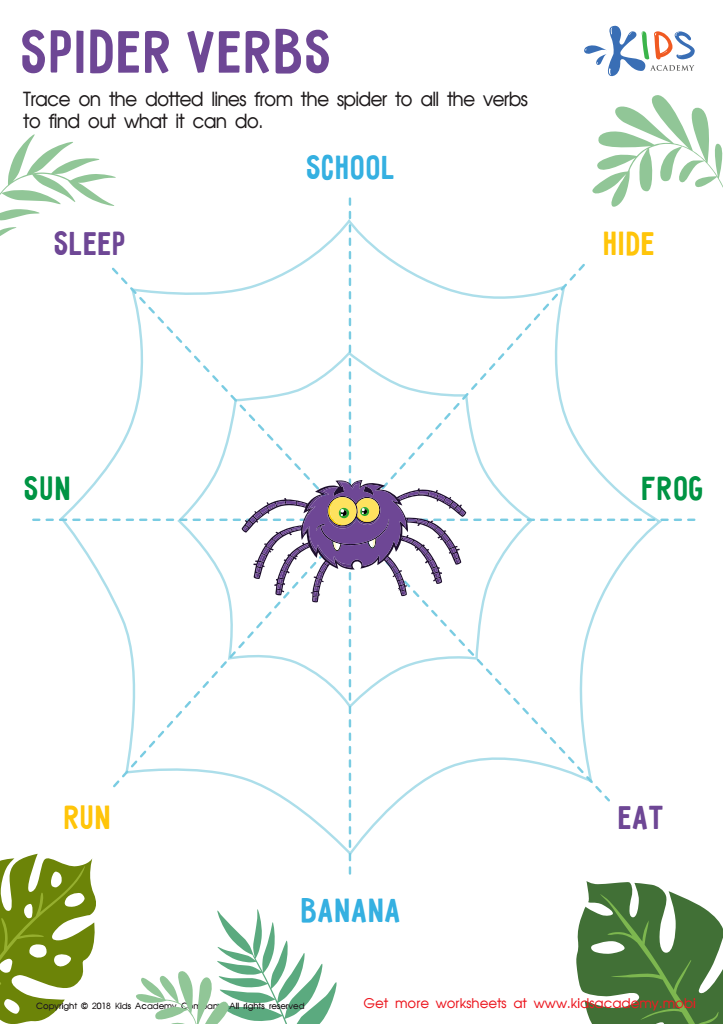

Spider Verbs Worksheet
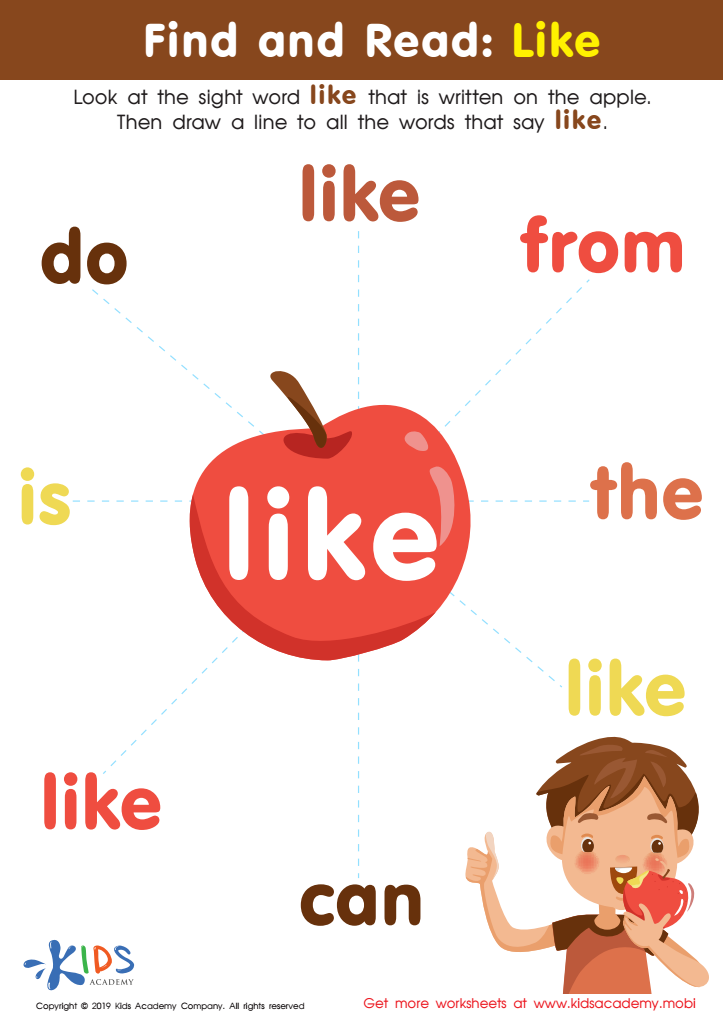

Find and Read: Like Worksheet
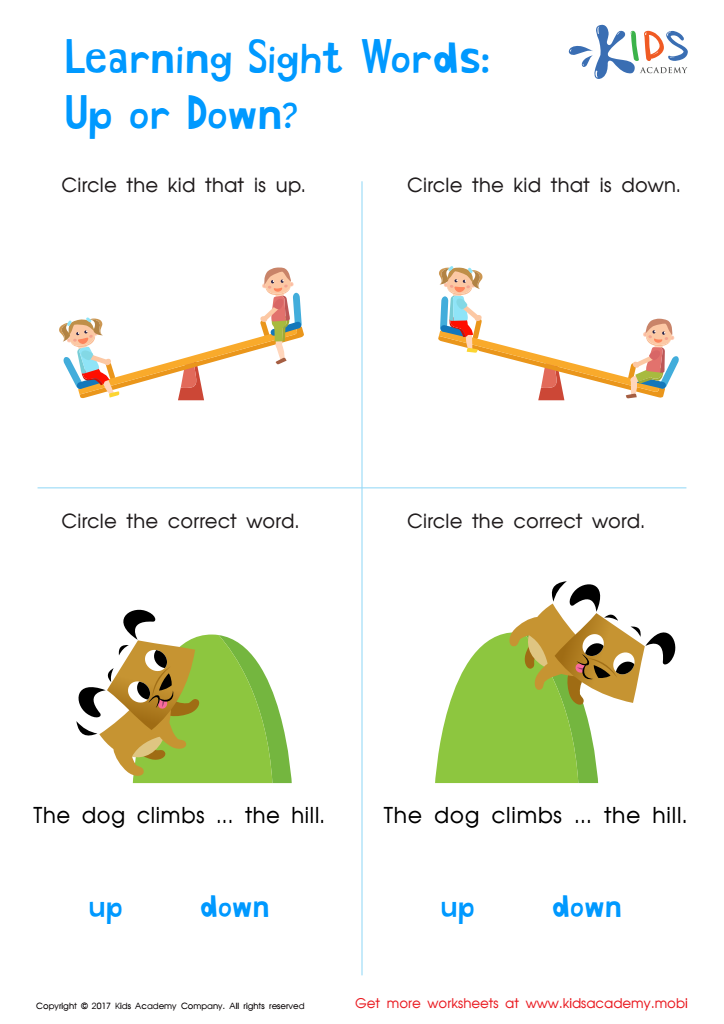

Up or Down Printable Sight Words Worksheet


Phonological Awareness: Assessment 1 Worksheet
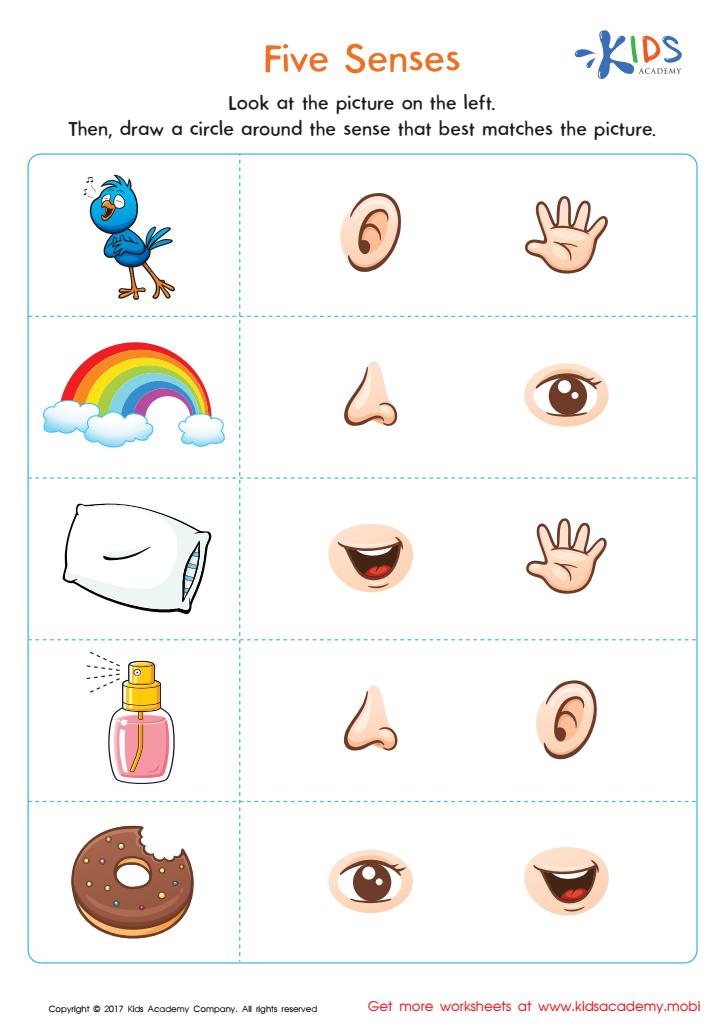

Five Senses Printable
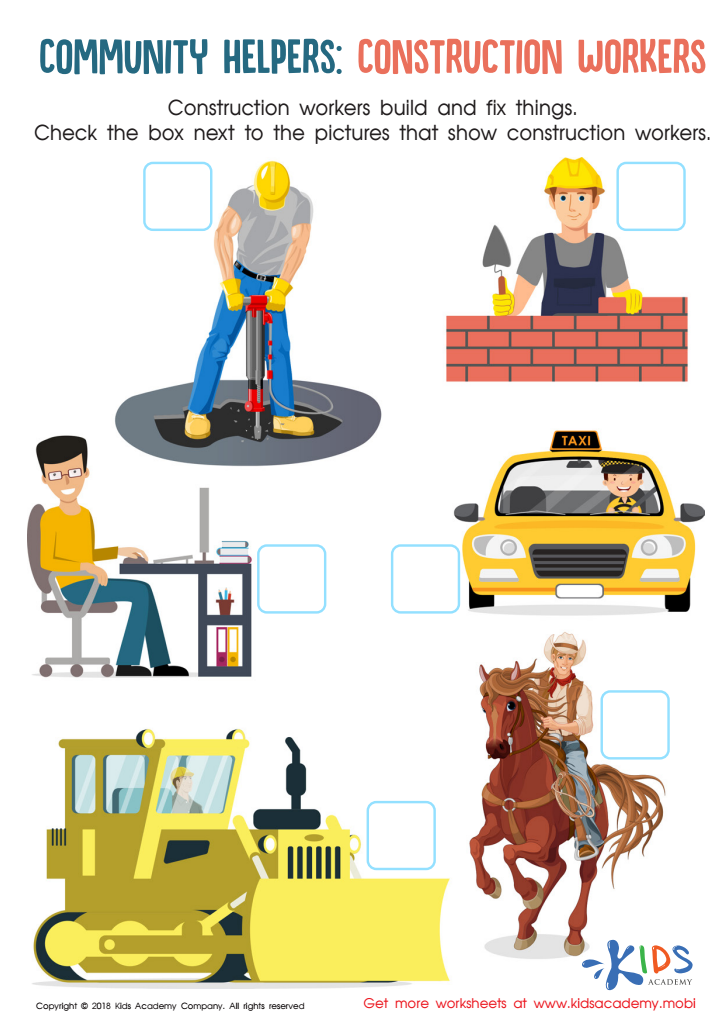

Construction Workers Community Helpers Worksheet
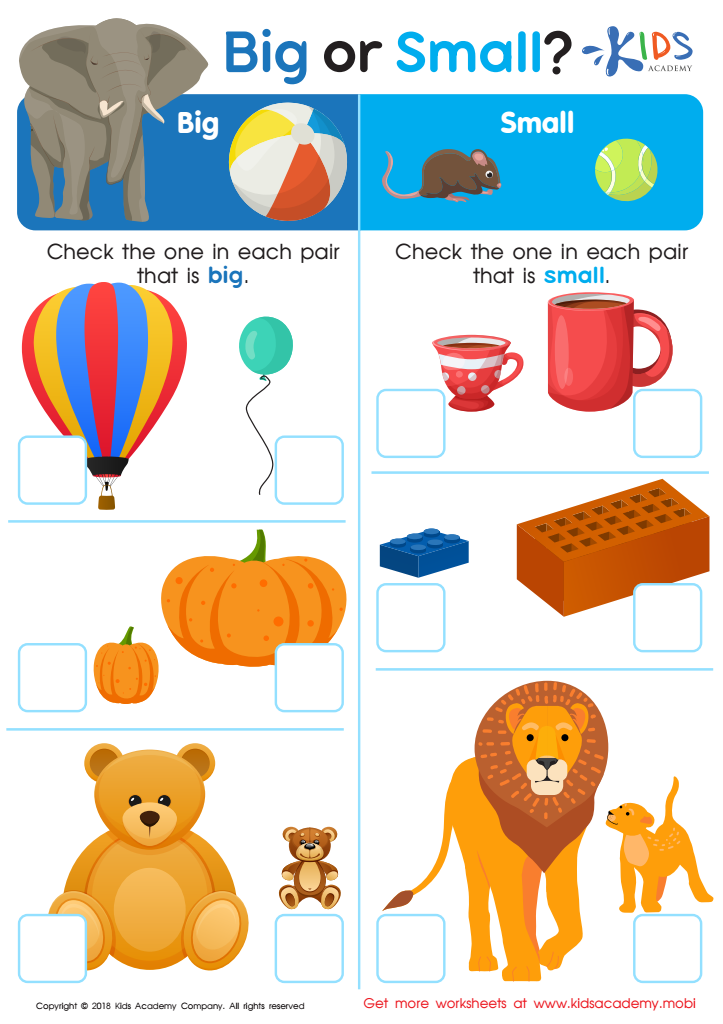

Big or Small? Worksheet
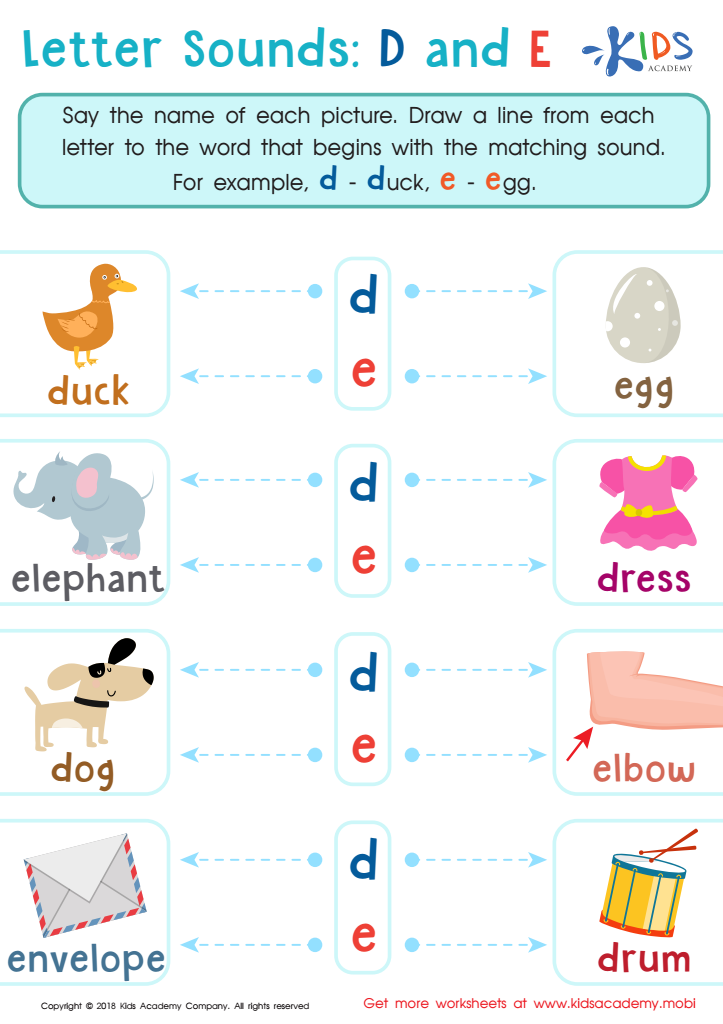

Letter D and E Sounds Worksheet
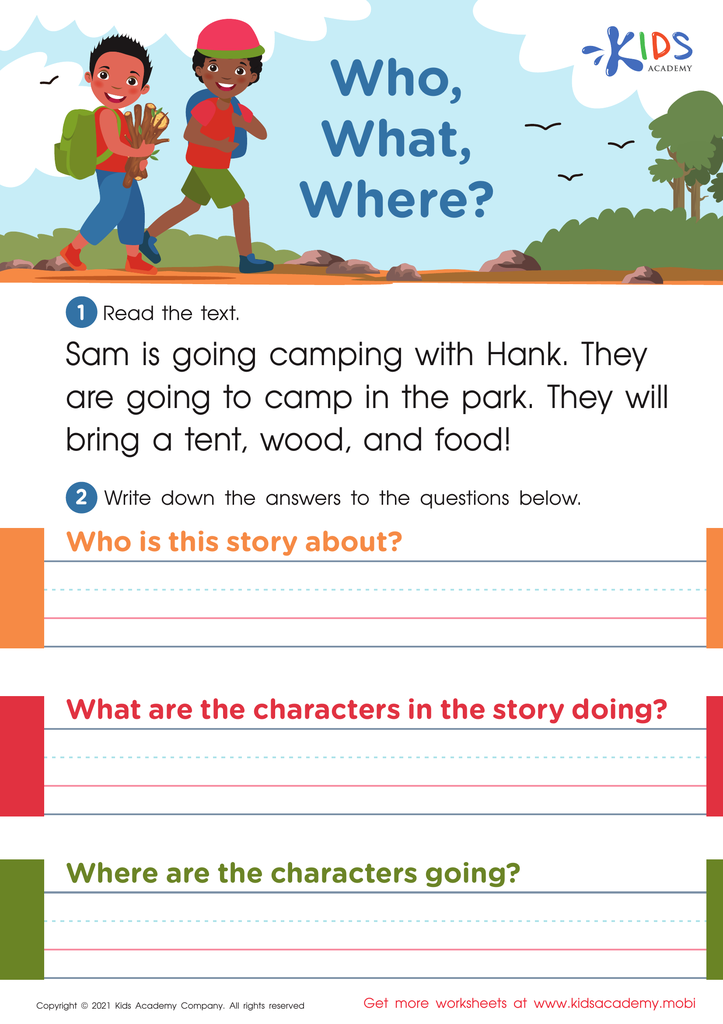

Who, What, Where? Worksheet
Vocabulary development in ages 3-4 is critical because it lays the foundation for future literacy and overall academic success. At this age, children are rapidly acquiring language skills, learning new words, and beginning to use them in sentences. Research shows that a strong vocabulary at an early age supports reading comprehension and boosts confidence in communication. When parents and teachers focus on vocabulary, they help children express their feelings, describe their experiences, and engage in social interactions, which are essential for emotional and social development.
Moreover, vocabulary influences cognitive growth. As children learn new words, they are able to understand more complex concepts, think critically, and make connections across different subjects. Engaging in activities like storytelling, interactive reading, and diverse conversations fosters this vocabulary growth and cultivates a love for language.
Additionally, supporting vocabulary development can narrow the achievement gap that often exists within different socio-economic backgrounds. Parents and teachers who actively engage in vocabulary-building activities contribute to creating a rich linguistic environment, which can significantly enhance a child's educational trajectory. In short, investing time in vocabulary development during ages 3-4 is vital for intellectual, emotional, and social growth, setting the stage for a successful academic future.

 Assign to My Students
Assign to My Students
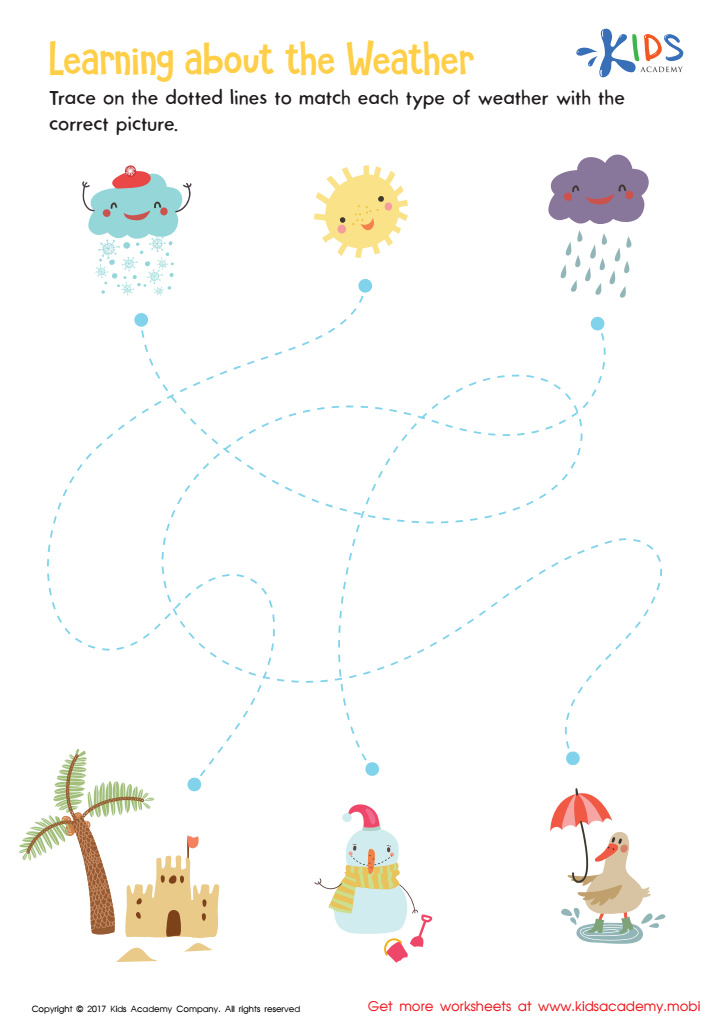

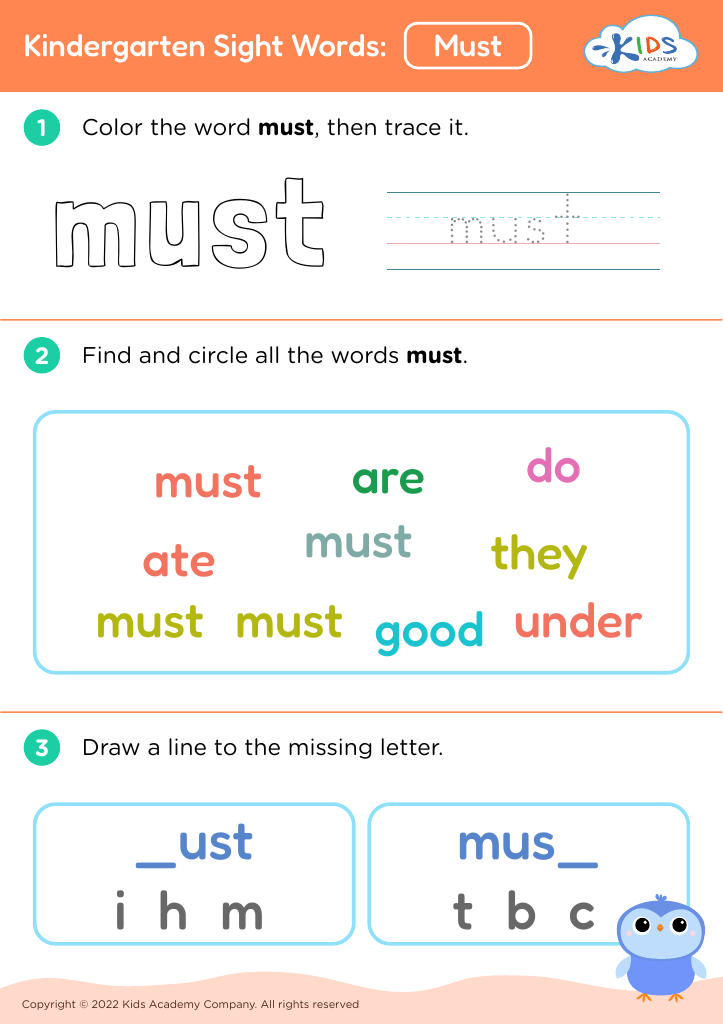



.jpg)
